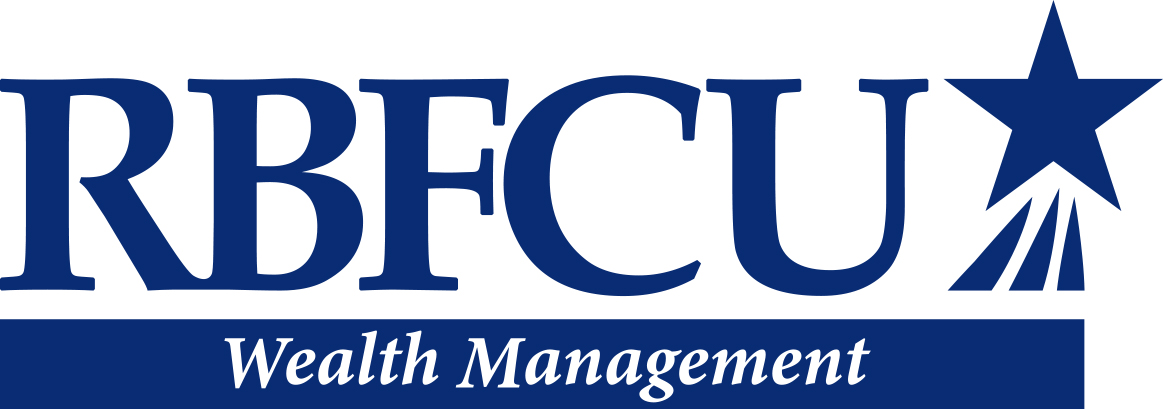Financial Planning Strategies for High-Income Earners
With greater wealth can come a greater need for customized financial planning strategies. Indeed, high-income earners may find they need a more nuanced approach to help advance their long-term goals and objectives.

Alas, the boilerplate financial advice most people find online isn’t usually geared toward top earners. At the same time, no two affluent households are alike.
Yet there are basic strategies and professionals that may be of use for wealthy individuals and couples. Think of the following suggestions not as cookie-cutter investment solutions, but more as ideas to contemplate with a trusted financial advisor, preferably one trained in providing comprehensive goal-based advice and streamlined investment portfolio solutions for clients with significant wealth.
Consider reducing your taxable income
Have your assets nudged you into a higher tax bracket? Are you looking at key changes in tax laws or your federal income tax bill and thinking, “There has to be a better way!”? Many people find an accountant, CPA or tax attorney to be a helpful resource for ideas about how to protect more of your income using advanced tax management strategies.
For example, your strategies might include higher retirement contributions, the strategic use of health savings accounts (HSAs), or funding 529 tax-advantaged savings accounts for your children’s or grandchildren’s education needs.
If you’re self-employed or own a business, you may also be able to further reduce your tax burden by working with a business advisor or attorney to explore the optimal structure for your company. They may also help you set your own salary at a rate that’s optimal both for you and your company’s bottom line.
Revisit your retirement strategy
High-income individuals are in a unique position when it comes to retirement planning. Exploring investment products and tax-savvy solutions with a team of professionals — including a financial advisor, accountant or attorney — may help you to reduce your overall tax burden while also accelerating your retirement savings. You may be able to develop a game plan to help you retire earlier than age 65 or to embrace a work-optional lifestyle.
For example, some Roth IRA plans1 allow you to make sizable contributions — even if your yearly income exceeds the standard limit for direct contributions. A wealth management team can help you understand your options and create a retirement savings strategy to help preserve your income.
Keep your budget up to date
When you’re earning well, you may have the luxury of not worrying about your budget. But having one and reviewing it regularly can help you ensure that you’re not losing money to overpriced services or unauthorized charges.
Your budget can help you stay on track for saving and maintaining an emergency fund to protect against job loss, a costly illness, or unforeseen circumstances like a natural disaster. It can also maintain your investing and planning for college and retirement, as well as your legacy. And it models smart personal financial habits for your children.
Watch out for lifestyle inflation
When you don’t have to worry about day-to-day expenses, it’s easy to spend more than you need to without even realizing it. However, increasing spending across the board can leave you with fewer resources to invest for both your future and your legacy if you plan to leave one.
A more proportional approach may be to identify the areas where luxury spending and upgrades will most improve your quality of life. You might then choose to spend generously in those categories while keeping other spending in check to support your longer-term financial goals.
A financial advisor can be a resource not only for developing and guarding a budget but also accessing a broader network of legal, tax, realty and estate planning professionals who may help you spend and save thoughtfully. For instance, if you dream of purchasing a home abroad, they may be able to introduce you to luxury real estate agents with strong international ties and resources.
Diversify your investments
Maintaining a balanced investment portfolio is a laudable goal because it can reduce the impact of fluctuations in one asset class — a category of investments with similar potential returns and risks, such as stocks or bonds. A diversification strategy may also make it easier for you to allocate funds for investments that support projects and outcomes that matter to you.
Because of the dynamic nature of investment valuation, it’s wise to work with your wealth management team to rebalance your investments at least once a year or when your financial advisor recommends doing so. And any time you’re considering investing in a new asset class including real estate, fine art or antiques — talk to your financial advisor about how that new investment would fit into your overall strategy.
» Insight: It can also be helpful to revisit and discuss your risk tolerance and risk capacity when rebalancing your investments with a financial advisor, especially in light of any market fluctuations. Risk tolerance tends to stay steadier over time as it is associated with your comfort level with taking on risk and potentially experiencing losses. Meanwhile risk capacity relates to how much you can reasonably afford to lose, especially when considering factors such as your age and any upcoming financial needs.
Protect your assets
As you build more wealth, you may need additional insurance policies or higher coverage levels to protect your growing assets from losses or exposure to lawsuits. A good wealth management team can help you review your existing coverage, identify any gaps, and work with you to evaluate advanced insurance strategies such as specialized life and long-term care coverage.
Look ahead to your legacy
While your savings, assets and investments build value, it’s important to think about your estate and the legacy you want to leave. Planning early can help you protect your assets from excess taxation and safeguard the interests of your loved ones.
Advanced planning also gives you the opportunity to add a philanthropic strategy that makes a difference through charitable giving solutions. Including philanthropy as part of your financial strategy allows you to give back and create a lasting impact that aligns with your values.
An experienced wealth management team can advise you on your options, which may include an advanced trust.2 Advanced trusts are designed around specific goals, to help you set aside resources for your spouse, special needs child, grandchildren or other family members.
The takeaway
While some high-income earners may prefer to manage their finances independently, working with a dedicated wealth management team may offer advantages. These professionals bring specialized experience to the complex landscape of financial planning and can help you work toward your specific goals.
Ready to explore strategies and solutions that meet your unique needs? RBFCU Wealth Management can help you work toward refining your financial plan to support your personal and professional goals.




